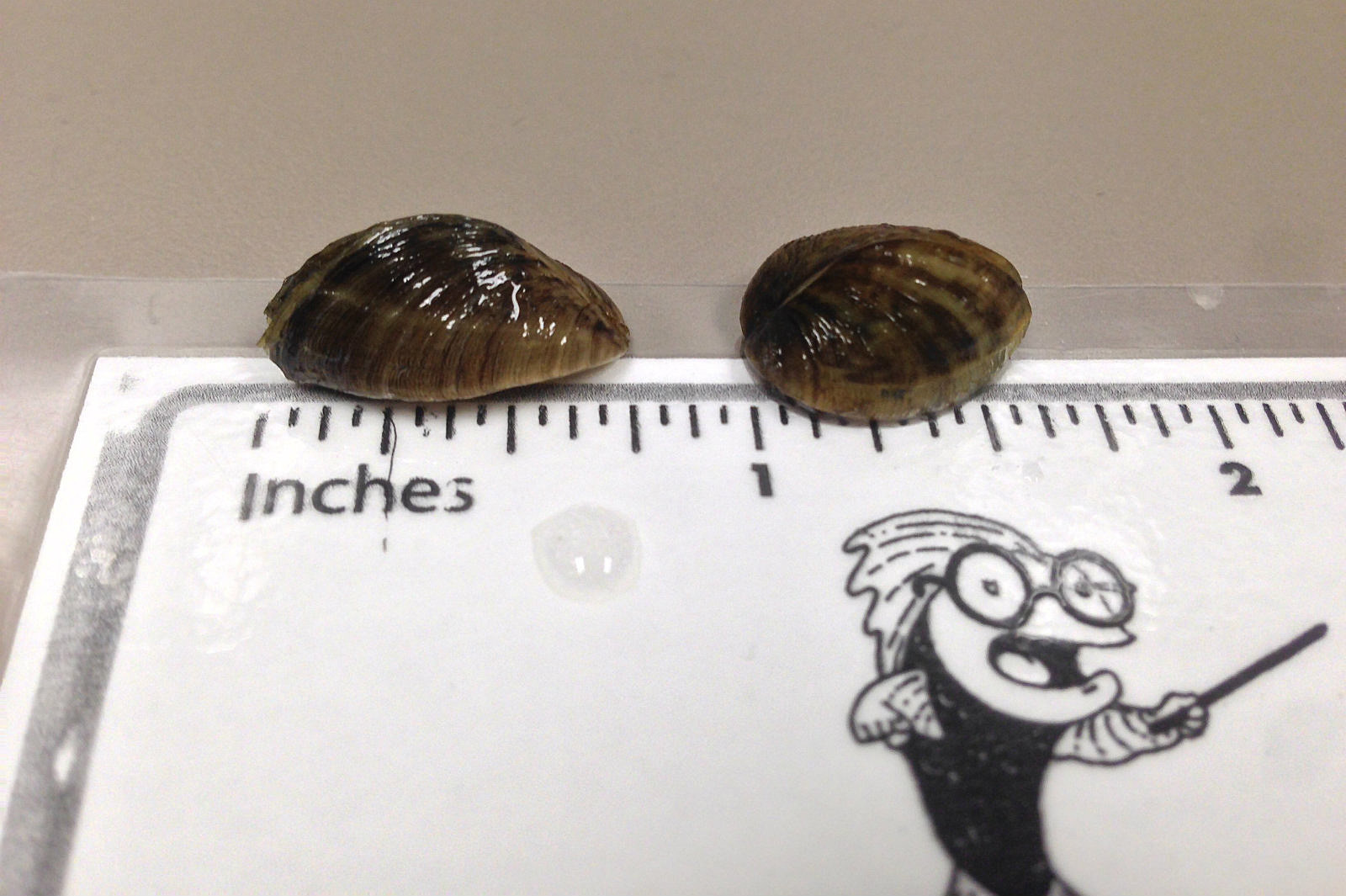

2015 Zebra and Quagga Mussel Distribution in Lake Simcoe While quagga mussels have been in the lake since 2004, they were at very low numbers until 2008.Ģ009 Zebra and Quagga Mussel Distribution in Lake Simcoe The change in the number of zebra (blue bars) and quagga mussels (green bars) in a square metre of Lake Simcoe’s nearshore zone (water depth 2-20 m) since 2005. The consequence of this strategy is that, a few years after their invasion, they “eat themselves out of house and home” and the population crashes. Zebra and Quagga Mussel Abundance They also require a large amount of algae for food. Zebra mussels have a survival strategy based on high reproduction to occupy as much space as possible. We have recorded a large decline in zebra mussel populations and a corresponding increase in quagga mussels. To help us understand the changes in mussel population, LSRCA has monitored 51 sites in Lake Simcoe each year since 2005. Quagga mussels also have a deep water form (right) that is adapted to living on mud and silt substrates. Zebra Mussels Almost Gone in Lake Simcoe Closely related quagga mussels (middle) were first recorded in the lake in 2004. Zebra mussels (left) invaded Lake Simcoe in 1995. Since then, they have been transported across North America by commercial shipping vessels, as well as by recreational boaters who did not practice “invasive species prevention” by cleaning boats and equipment when moving between lakes. Both species are native to the Caspian-Black Sea Region of Eurasia and were carried to the Great Lakes in the ballast water of container ships. Zebra and quagga mussels are two of the most recognizable invasive species in Lake Simcoe, and across the Great Lakes Region. We also explore what the implications may be for Lake Simcoe. In this newsletter, we examine how the invasive mussel population has shifted from a predominately zebra mussel population to predominately quagga mussels. Since then some remarkable changes have occurred, worthy of another chapter. In 2012, LSRCA published a Science Newsletter showing where invasive zebra and quagga mussels were found in Lake Simcoe, and how they have changed the ecology of the lake since their arrival. It’s literal piles and blankets of mussels across the bottom of the lake and we intend to suck them up. Lake Simcoe Science Mussel Loss, Mussel Gain We’re talking about trillions of mussels in the Great Lakes. “I didn’t realize how big of a problem this was until I started working on it,” adds Rezachek. In March, the program will also seek community feedback via an online survey. His goal? To remove a 250-square-meter area of mussels himself with the help of a diver. He hopes to launch a pilot program in Plymouth, Wisconsin, this spring. In my mind, you can just skip that million years and we can pull them off the lake.”ĪntiMussel took second place at the New North’s pitch competition last December, and has received $16,900 in grant funding, bolstered by Rezacheks’ own bootstrapping. The rocks they’re mining are limestone, which are several million year old seashells. The process right now is mining big rocks, smashing them into a really fine powder, putting it into a pill form, and selling it.

“We normally get calcium carbonate from rocks. “The innovation here is the process of removal (of the mussels), processing and the end product,” says Rezachek, reports BizTimes. Zebra mussels offer a higher purity rate of calcium carbonate than that made from limestone, are the world’s only source of renewable calcium carbonate, and one zebra muscle can provide enough calcium carbonate to make one sheet of printer paper. The program, launched last May, proposes vacuuming up the mussels with boats set to patrol an automated path, and then converting those mussels into calcium carbonate, reports BizTimes. His frustration with scraping mussels off his boat every season led him to brainstorm a solution: AntiMussel. Wisconsin native and army veteran Tyler Rezachek grew up fishing on Lake Michigan, so he’s very familiar with the issue of invasive zebra mussels in the lake.


 0 kommentar(er)
0 kommentar(er)
